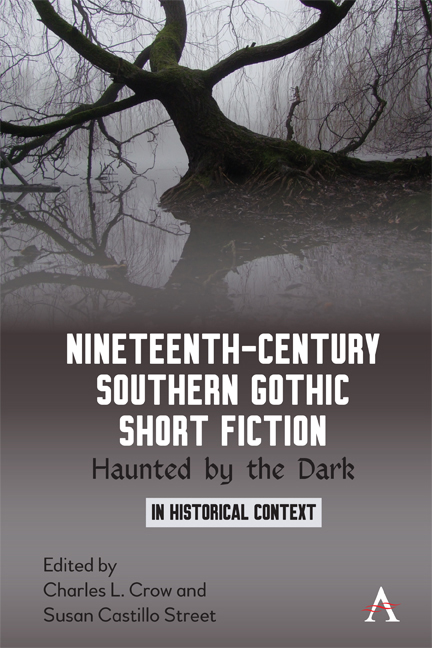Chapter Eleven - Kate Chopin, “Désirée's Baby’’ (1893)
Published online by Cambridge University Press: 20 January 2022
Summary
Kate O’Flaherty Chopin was born in St. Louis into a bilingual family (her mother's family spoke French) and lived in francophone rural Louisiana for several years after her husband's early death. Her two published collections of stories, Bayou Folk (1894) and A Night in Arcady (1897), are in the tradition of women's regional realism (or, less precisely, local color), filtered through a distinctly non-Anglo-Saxon sensibility. She was a translator of Guy de Maupassant, and her stories often have his characteristic twist or reversal, as does “Désirée's Baby.” Like her contemporary Charles Chesnutt, her reputation did not survive her transition from short stories to the novel form, and The Awakening (1899) was excoriated and banned. But again, like Chesnutt, her reputation soared after rediscovery in the more tolerant 1960s.
Chopin uses Gothic tropes to great effect: a foundling, a gloomy mansion, a hidden manuscript and a heroine fleeing the villain in her flimsy nightgown. As in so many Southern Gothic stories, a hidden genealogy is at its core.
Readers should consider not only the interaction of Désirée and Armand, but also the role of secondary characters. La Blanche, for instance, never actually appears in the story, but is a presence lurking off stage, and becomes a kind of double for Désirée. Note that Désirée's epiphany occurs when she compares her son with La Blanche's son.
Text: Kate Chopin, Bayou Folk (Boston, MA: Hougton, Mifflin, 1894).
DÉSIRÉE's BABY
As the day was pleasant, Madame Valmondé drove over to L’Abri to see Désirée and the baby.
It made her laugh to think of Désirée with a baby. Why, it seemed but yesterday that Désirée was little more than a baby herself; when Monsieur in riding through the gateway of Valmondé had found her lying asleep in the shadow of the big stone pillar.
The little one awoke in his arms and began to cry for “Dada.” That was as much as she could do or say. Some people thought she might have strayed there of her own accord, for she was of the toddling age.
- Type
- Chapter
- Information
- Nineteenth-Century Southern Gothic Short FictionHaunted by the Dark, pp. 109 - 114Publisher: Anthem PressPrint publication year: 2020

